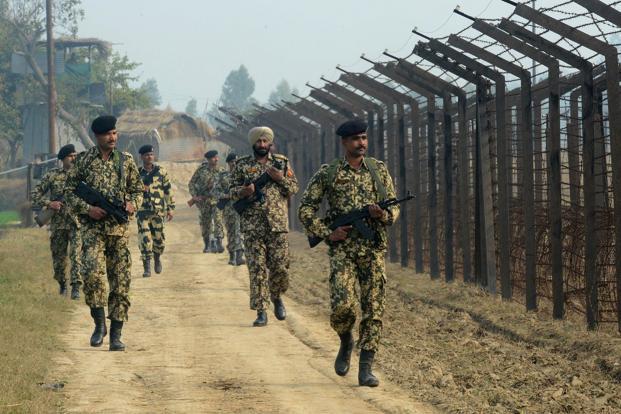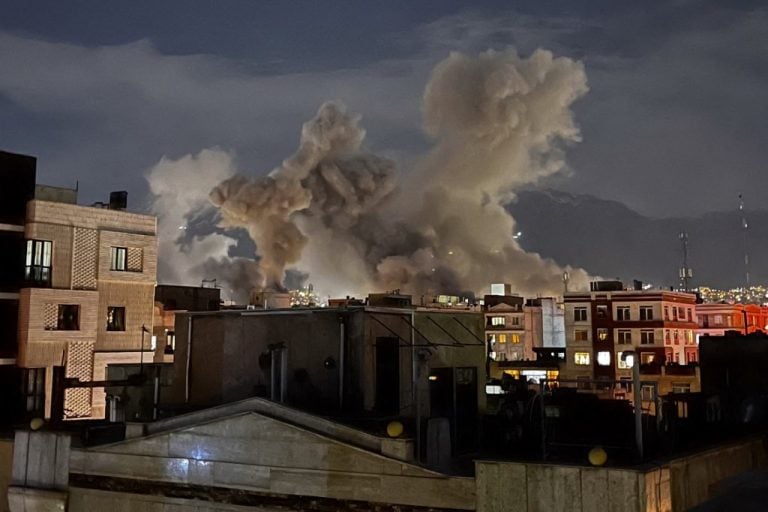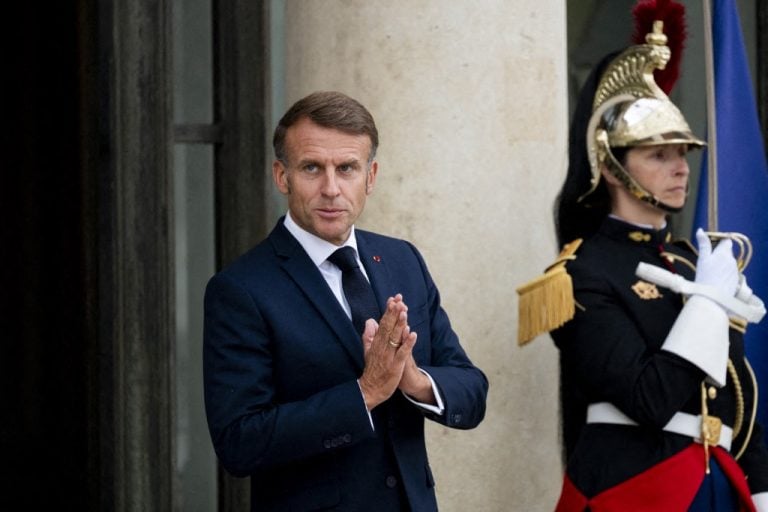In a significant escalation of tensions, India and Pakistan exchanged accusations of ceasefire violations early Sunday morning, just hours after U.S. President Donald Trump announced that the two nuclear-armed neighbors had stepped back from the brink of full-scale war.
India’s foreign secretary criticized Pakistan for its “repeated violations” of the truce, while Pakistan’s military claimed it remained committed to the ceasefire, asserting that its forces were managing any violations by India with “responsibility and restraint.” Reports from Srinagar in Indian-administered Kashmir indicated loud explosions, and officials from Pakistani-administered Kashmir confirmed ongoing intermittent exchanges of fire along the Line of Control (LoC).
The backdrop to this renewed hostility is the recent agreement for a full and immediate ceasefire between India and Pakistan, which followed days of intense military confrontations that resulted in the death of at least 60 individuals and forced thousands to flee their homes. This truce was announced unexpectedly by Trump, who, following extensive talks mediated by the U.S., declared, “Congratulations to both countries on using Common Sense and Great Intelligence.”
On social media, Trump praised the leaders of both nations for recognizing the necessity to end the aggression, indicating a future intention to enhance trade with both countries while expressing hope for a resolution over the contentious Kashmir issue.
India’s foreign secretary, Vikram Misri, stated that military actions, including firing on land, air, and sea, were to cease as of 5:00 PM local time. He criticized Pakistan for ongoing violations, suggesting that the Indian armed forces were responding appropriately.
Conversely, Pakistan’s foreign ministry reaffirmed its commitment to the ceasefire and expressed concern over violations attributed to India, insisting that their troops were handling the situation carefully.
This conflict has roots in a deadly attack last month in Indian-administered Kashmir that claimed 26 lives—predominantly Hindu tourists. India has accused the Pakistan-based militant group Lashkar-e-Taiba, designated a terrorist organization by the UN, while Islamabad has denied involvement and called for an independent investigation.
Commentators are divided on the sustainability of the ceasefire. Former Indian foreign secretary Harsh Vardhan Shringla characterized the ceasefire as a temporary measure, suggesting that it was influenced by U.S. mediation. He remarked on the success of India’s recent military operations such as “Operation Sindoor,” aimed at neutralizing terrorist threats.
Since the revocation of Kashmir’s special status by India’s Prime Minister Narendra Modi in 2019, militant activities have surged in the region, heightening tensions between the two countries. Historically, India and Pakistan have engaged in several wars over the territory, which both nations claim but administer separately.
Responses from local populations reflect a mix of relief and skepticism. In Pakistan-administered Kashmir, IT consultant Bilal Shabbir viewed the ceasefire as a positive development, emphasizing the humanitarian impact of conflict on civilians. However, in Srinagar, resident Sukesh Khajuria expressed reservations, stating, “It’s difficult to trust Pakistan. We have to be vigilant.”
U.S. Secretary of State Marco Rubio noted that the ceasefire was achieved following diplomatic engagement from senior officials in both countries, and he mentioned plans to hold discussions on a variety of issues in a neutral setting.
Pakistani Prime Minister Shehbaz Sharif expressed appreciation for U.S. intervention, underscoring Pakistan’s long-standing appeal for international mediation in Kashmir. In contrast, India has consistently opposed third-party involvement, leading to skepticism from observers regarding the fragile state of the truce.
Michael Kugelman, a U.S.-based South Asia analyst, remarked that the ceasefire appeared hastily arranged, noting differing interpretations of the agreement among India, the U.S., and Pakistan, indicating potential challenges in maintaining the peace.
The international community, including countries like Britain and Iran, as well as the United Nations, welcomed news of the ceasefire. Furthermore, China, which shares borders with both countries, stated its willingness to play a constructive role and expressed concerns over any potential escalation in tensions.







